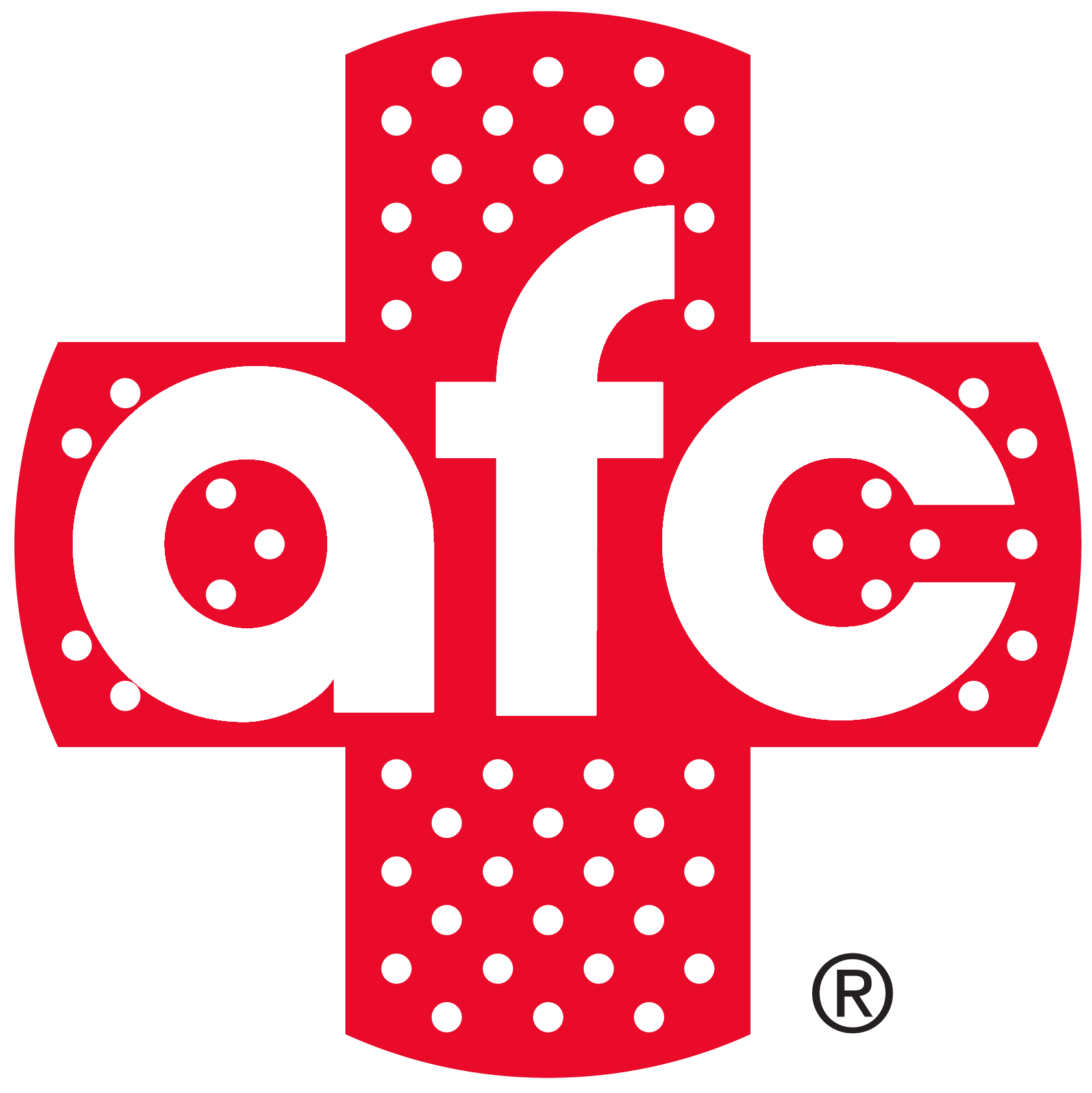Find The Location Nearest Covid-19 Testing
We think you’re located in zip code . Not Right?
Cuts & Lacerations Care at AFC Urgent Care
Tumbles, falls, puncture wounds, and accidents, in general, can happen at any time. They are just as common at a place of work or in the home. When a bad cut or laceration occurs, it is imperative to receive medical treatment as soon as possible to avoid the risk of infection or contamination. Most lacerations are not life-threatening, but medical attention is vital to administer appropriate treatment promptly. A minor injury can become serious quickly if you are diabetic or immuno-compromised, so do not delay seeking medical care with our experienced staff and providers. With long wait times and the high cost of the emergency room, AFC Urgent Care is an excellent alternative.
Deep cuts that are jagged, gaping, and bleeding wounds require prompt medical care. At AFC Urgent Care, a highly qualified medical team is available seven days a week to treat these types of injuries. Lacerations often require suturing, but in some cases, they can be treated with bandages or tissue glue.
What are cuts and lacerations?
Cut and lacerations are often used interchangeably, but these terms usually mean different things. While both are wounds related to the skin, cuts are considered less severe than lacerations. A cut is a shallow wound that breaks the skin that is usually in a straight line. Most people have experienced a minor cut. A laceration is deeper and has an irregular shape. Often, the edges are jagged, and there is bruising and bleeding. A deep laceration can impact nerves, bones, blood vessels, tendons, ligaments, and muscles. A laceration needs prompt and proper medical attention to reduce the likelihood of infection, scarring, and other complications.
What are some common causes of cuts and lacerations?
The skin can suffer a cut or laceration from any sharp object. Often, it is a knife or a shard of glass. Even a piece of paper can cause a paper cut, although this injury is more annoying than a medical emergency. Blunt force can also tear the skin and cause a laceration. A cut or laceration can occur without warning during routine activities such as:
- Cleaning
- Cooking
- Playing Sports
- Operating Machinery
- Yardwork
What are the signs that a cut is deeper and is a laceration that needs medical attention at AFC Urgent Care?
Minor cuts are usually mild in pain and bleed slightly. However, the following symptoms may indicate that your cut is a deeper laceration and may need to be seen at AFC Urgent Care.
These symptoms include:
- Moderate to severe pain
- Swelling
- Skin discoloration
- Bruising
- Moderate bleeding
Visit AFC Urgent Care if your symptoms include the following:
- A jagged cut
- An open wound that is greater than 1/2 inch deep
- The possibility of a foreign object in the wound, such as metal, glass, dirt, or wood.
- Unable to pull edges of a wound together with little or no pressure.
- Bleeding that cannot be stopped after 10 minutes or does not stop with direct pressure
- Loss of feeling near the area of the laceration
- Sighs of shock (Clammy skin, weak pulse, rapid breathing)
- Swelling or redness around wound days the cut occurred.
Immediately visit an emergency room if your symptoms include the following:
- Blood spurting out of a wound
- Cut or laceration to the eye
- Wholly or partially severed fingers or toes
- A cut that exposes the bone
How are cuts and lacerations treated at AFC Urgent Care?
Minor cuts and minor lacerations can be treated at home, while others must be seen by one of our providers. Generally, the deeper the wound and the longer it takes for bleeding to stop, the more likely someone needs to be seen at AFC Urgent Care.
Home care for minor cuts and lacerations include:
- Apply direct pressure to the wound to stop the bleeding.
- Wash the area of the wound with gentle soap and warm water to disinfect it
- Apply an antibiotic ointment to reduce the chances of an infection
- Protect the cut or laceration with a bandage.
- If needed, manage pain with an over-the-counter pain reliever.
The care at AFC Urgent Care for deeper cuts and lacerations include:
- Sutures (stitches) or skin glue to hold the wound close
- Stitches may need to be removed later, while skin glue slowly falls off.
- Antibiotics if a wound is dirty or a deeper puncture wound
- Bandage room to protect it
- A Tetanus Booster may be needed if the wound was caused by something rusty or dirty
AFC Urgent Care is open seven days a week to treat you or a family member for a cut or laceration. No appointment is needed, and our center accepts most major insurance plans. Click below to find an urgent care center near you!
FIND A LOCATION How Can We Help?
How Can We Help?
- PATIENT SERVICES
- COVID-19 SERVICES
- TELECARE
- EMPLOYER RESOURCES
- PATIENT RESOURCES
- ABOUT US



